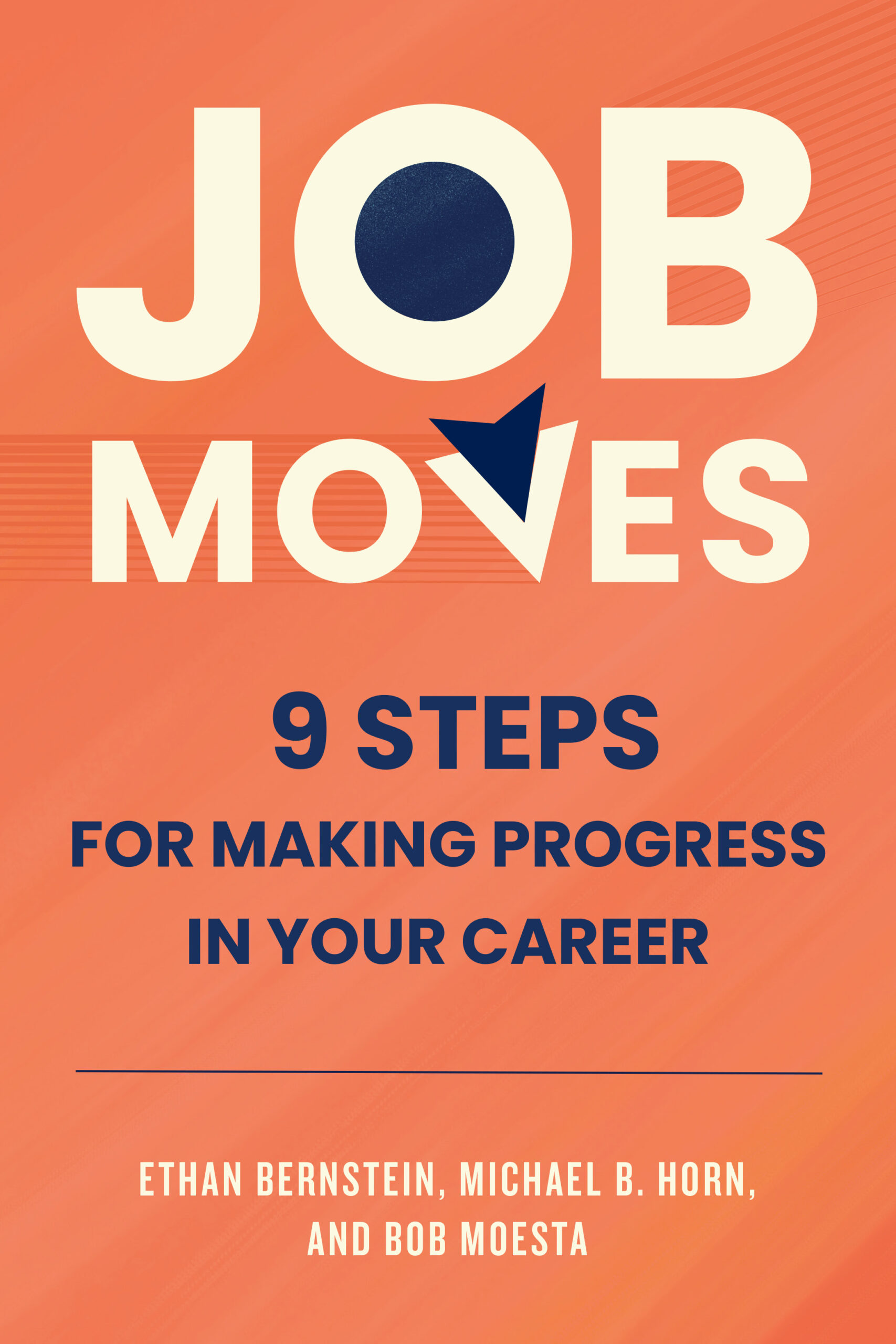Dialogue on a Content-Rich Elementary Experience
By Tom Vander Ark
Chester E. Finn, Jr., is a Distinguished Senior Fellow and President Emeritus at the Thomas B. Fordham Institute. Checker, as many of us know him, recently wrote in EdNext about his support for personalized learning, defining it as “enabling every child to move through the prescribed curriculum at his or her own speed, progressing on the basis of individual mastery of important skills and knowledge rather than in lockstep according to age, grade level and end-of-year assessments.”
I responded with a taxonomy of views on personalized learning ranging from content-centric to student-centered. It resulted in a spirited email dialogue (edited below for brevity and clarity) about the role of content in developing language proficiency.
Michael Horn on Thrive Public Schools: It seemed to me a school with one of the most thoughtful blendings of a content-rich curriculum to build kids’ knowledge with really thoughtful projects that created a need-to-know for the knowledge–so a nice virtuous cycle. The content-rich aspect of it wasn’t achieved through lecture style or direct instruction, but a much more active pedagogy through online learning (which isn’t at odds with a core knowledge view) but that was far less atomized than some schools’ playlists–and very thoughtfully interwoven learning experiences across subject areas.
Although the content chosen wasn’t Core Knowledge–and wouldn’t meet Mike’s criteria for being common across a state let alone nation–they made very clearly thoughtful choices in what knowledge kids would learn and how they would learn that to build literacy. I left feeling like they artfully did what we ought to be striving for, which is acknowledging the importance of building rich knowledge to do so-called higher-order tasks with that knowledge (mindful of Doug Lemov’s piece to think of knowledge not as lower-level but as the base of the pyramid in fact). When I go to Achievement First Greenfield, I see them trying to do something similar (albeit through writing assignments more than projects).
By undermining the importance of knowledge, I think we risk educators losing part of what makes Thrive so special and unique. As another school superintendent commented recently to me before a keynote I gave on personalizing/blended, it turns out that the content and curriculum at the heart of personalizing really does matter and it has to be quite rigorous. It’s not an either-or.

0 comments